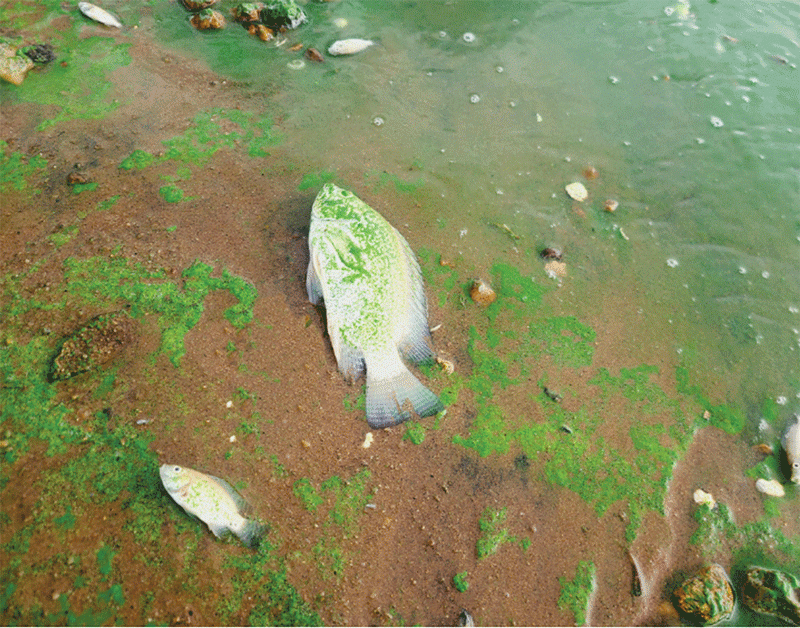
THE government has maintained the ban on fishing in Lake Chivero highlighting severe environmental and public health risks caused by pollution from untreated industrial and municipal waste, a Cabinet minister has said.
Fishing activities in Lake Chivero were banned in December last year following the death of four white rhinos, three zebras, several wildebeest, four fish eagles, livestock and countless fish after ingesting the lake’s contaminated water.
The deaths were blamed on raw effluent and industrial discharges from Harare and surrounding areas.
Speaking during a question-and-answer session in the National Assembly last week, Environment, Climate and Wildlife minister Evelyn Ndlovu said the decision followed a Cabinet resolution and would remain in effect until pollution concerns were fully addressed.
Zvimba East MP Kudakwasha Mananzva had asked Ndlovu when the ban on fishing activities in Lake Chivero will be lifted considering that the livelihoods of surrounding communities depended on the activity.
“There are a lot of families who were benefiting from fisheries and now they have been stopped,” he said.
“That is how they were fending for their families.
“Yes, they are supposed to be patient, but hunger is not patient.”
- Two more teachers deployed at Ngungumbane Satellite School
- Education crisis needs sober heads
- Two more teachers deployed at Ngungumbane Satellite School
- Education crisis needs sober heads
Keep Reading
However, Ndlovu said Cabinet had reaffirmed its decision to maintain the fishing ban at Lake Chivero.
“This decision is based on significant pollution risks, particularly from untreated industrial effluent and raw sewage discharged by surrounding local authorities,” she said.
Ndlovu said although previous assessments by the Health and Child Care ministry indicated that fish from the lake may be safe for consumption, the broader risks from ongoing contamination made it unsafe to lift the ban.
“The safety of fish alone is insufficient ground to lift the ban because the water is still contaminated,” she said.
“We are committed to ensuring that the lake can once again support sustainable livelihoods, but only when it is safe to do so.”
Ndlovu acknowledged the hardships faced by communities, adding that an inter-ministerial team was developing alternative income-generating activities like carving and garment making.
“We do not want those people to die because of fish that is coming from there,” she said.
“We want to sit down with the Minister of Women Affairs, Community, Small and Medium Enterprises Development so that they come up with other projects than fishing.
“There are a lot of projects and other things that they can buy and sell.”
However, Dzivarasekwa MP Edwin Mushoriwa raised concern over the unintended consequences of the ban.
He said poaching had increased at the lake, adding that the same residents government was trying to protect were eating the fish.
Ndlovu acknowledged the rise in poaching activities saying law enforcement agencies had been mobilised to deal with the scourge.
“We are aware that people are poaching, law enforcement should be there to protect our people,” she said.
“I really call upon the Members of Parliament and the public to protect our people by educating them not to take and eat such fish.”
The minister said the government was working on a time-bound action plan in partnership with stakeholders, including the City of Harare, the Environmental Management Agency and the Zimbabwe Parks and Wildlife Management Authority to find a solution.
“The government remains resolute in its commitment to resolving the pollution crisis at Lake Chivero,” Ndlovu said.
“The fishing ban will stay in force until the underlying environmental challenges are effectively addressed.”










